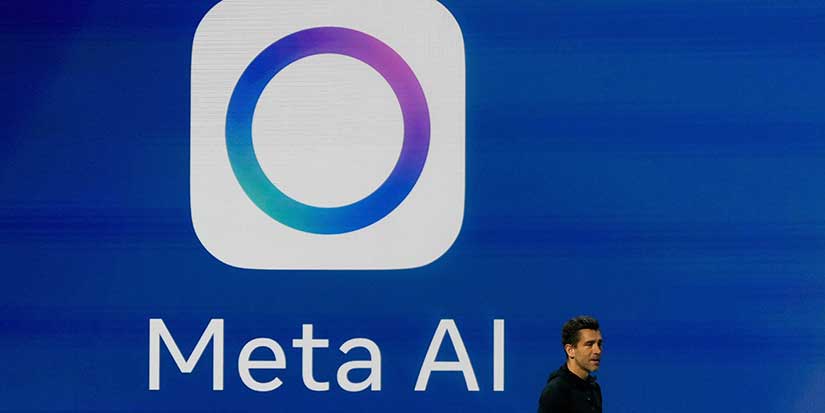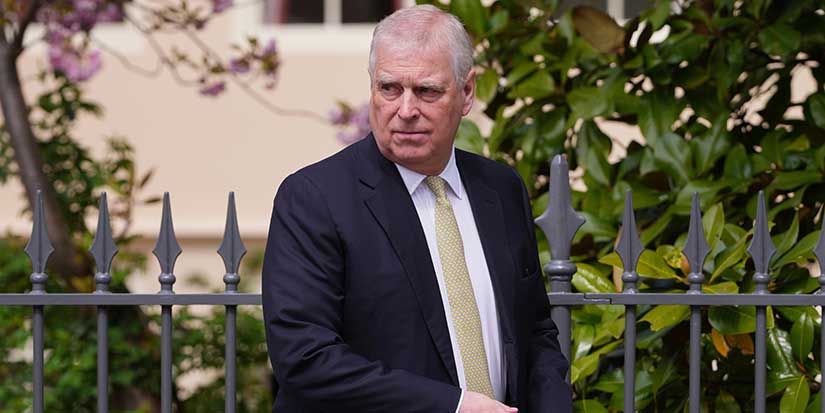Latest News
The intricate link between nutrition and immunity

Published 12:16 PST, Fri November 10, 2023
Last Updated: 12:17 PST, Fri November 10, 2023
—
Rika Mansingh is a registered dietitian, clinical consultant of media, certified meditation and NLP master practitioner, hypnotherapist, philanthropist, podcaster and a best-selling author. The Richmond Sentinel sat down with Rika in part 3 of a series, at Hamilton High Street Senior Residence in a filmed interview to discuss nutrition and immunity. Healthy eating has continued to be a concern for people of all ages and that’s why the Richmond Sentinel is running this series on health and wellness.
Jim Gordon (JG): You are back to talk about something that is really important, as we head into the winter season and that is, nutrition and immunity. With COVID-19 rearing its head again, can you talk about the relationship between nutrition and immunity, because it is important and I’m not sure how many of our viewers know a lot about this.
Rika Mansingh (RM): When it comes to nutrition and immunity, they are intricately linked. A diet will determine how well equipped your body is to fight off any infection. If a person is lacking in vital nutrients, they will not produce their antibodies and immune cells. In summary, poorly nourished individuals are at a greater risk for infection. We need to eat healthily before, during, and after an infection because when we get an infection we lose our appetite and weight. We need to replenish these nutrients to maintain weight and hydration.
JG: Let’s talk about super foods and miracle diets, I’ve never been a believer, but I know that there are some great nutritional guidelines one can follow. Let’s talk about your thoughts on the super food trend, what is it and how is this trend growing?
RM: When it comes to super foods, they often make headlines, and while it is an enticing idea that a single food can shield you from all illness, reality paints a different picture. Jim, visualize the immunity as an orchestra that’s complex where no single instrument can play the entire symphony on it’s own. Using that theory, visualize your dinner plate as rich in nutrients and all these nutrients are working together in harmony to support your immune system. There’s no miracle or magic food, everything comes from eating healthily over a longer period of time.
JG: What are some examples of super foods?
RM: It could be something like ‘I’m just eating kale all the time” or “I’m just eating spinach all the time”, it’s excellent because all of these nutrients are better absorbed when combined.
JG: What are some of the nutrients that are key in supporting the immune system? How can people incorporate key crucial elements into their daily diets?
RM: When it comes to nutrients there are so many being researched with regard to the role they play in support of the immune system. I’m going to focus on three key nutrients that are evidence-based and this will make you want to consume these nutrients to prevent an infection and also speed up your recovery. If we look at zinc supplementation, studies have found that they reduce the risk of respiratory infection by 35 per cent and they reduce your flu symptoms by two days and speed up your recovery. The food sources of zinc are your mussels, oysters, nuts and seeds, and wholegrains.
Another important nutrient is vitamin C, it’s an antioxidant, anti-inflammatory, and helps repair tissue damage when we get the flu or infection. What’s important to know about vitamin C is the body does not make or store vitamin C so you can only get it from your food sources or supplements. You can find it in oranges, strawberries, bell peppers, so it’s very easy to incorporate it into your diet.
The third key nutrient is vitamin D, it’s very good for immunity and also reduces your risk of respiratory infections and speeds up your rate of recovery. Studies have found that it is more beneficial in people that are deficient in vitamin D than those with normal levels. Vitamin D can be found in the sun, oily fish, or foods fortified with vitamin D.
JG: In a previous interview, we had a discussion about gut health and its relationship with the immune system, how does that support healthy gut microbiome.
RM: The gut is regarded as one of the largest immune organs in the body because it has trillions of micro bacteria in the gut and has a lot of immune tissue. The food you eat determines what type of bacteria lives in the gut. If you’re eating unhealthily, you have unhealthy bacteria and that leads to inflammation in the gut. If you’re eating healthily and you’re taking in beneficial bacteria, you’re reducing inflammation. Healthy eating gives healthy gut microbiome, and we need that for good immunity.
JG: Something we can all relate to is stress, talk about the effect that stress has on your immunity system.
RM: Stress is a storm that will wither away your immune system. It increases a hormone called cortisol that contributes to anxiety, your mood, depression and stress which suppresses the immune cells. The immune system will be weakened making you more vulnerable to infection.
The other thing about stress is when we’re stressed, we’re not sleeping well. The next day the hunger hormone increases; that’s ghrelin. We want to make sure we’re doing brisk walks, incorporating exercise, maybe journaling gratitude statements, eating healthily, sleeping well, doing breathing exercises, meditating, all of these are highly effective techniques to reduce stress.
JG: Is it bad to be active and go for a run after a night of little sleep?
RM: Ideally, you don’t want to do that because you want to feel well-rested and if you’re running your cortisol levels are going to increase. If your body is already deprived, your levels of cortisol will be amplified.
JG: Can you tell us about magnesium?
RM: Magnesium, I like to call it ‘magnificent magnesium’. The reason is, it’s such a powerful nutrient involved in over 300 bio chemical pathways in our body. Magnesium is good for your muscles, and your mind. Magnesium is known to reduce anxiety and restlessness, and helps control blood sugar and blood pressure. A lot of people take it close to bedtime especially if they’re starting to feel restless or anxious. Magnesium also supports the immune system and is important for producing serotonin, the feel-good chemical messenger. We need serotonin to make melatonin. It’s important to take magnesium, to make more serotonin, which will help you produce more melatonin, and you will sleep better.
To watch the full interview on video richmondsentinel.ca/videos
































